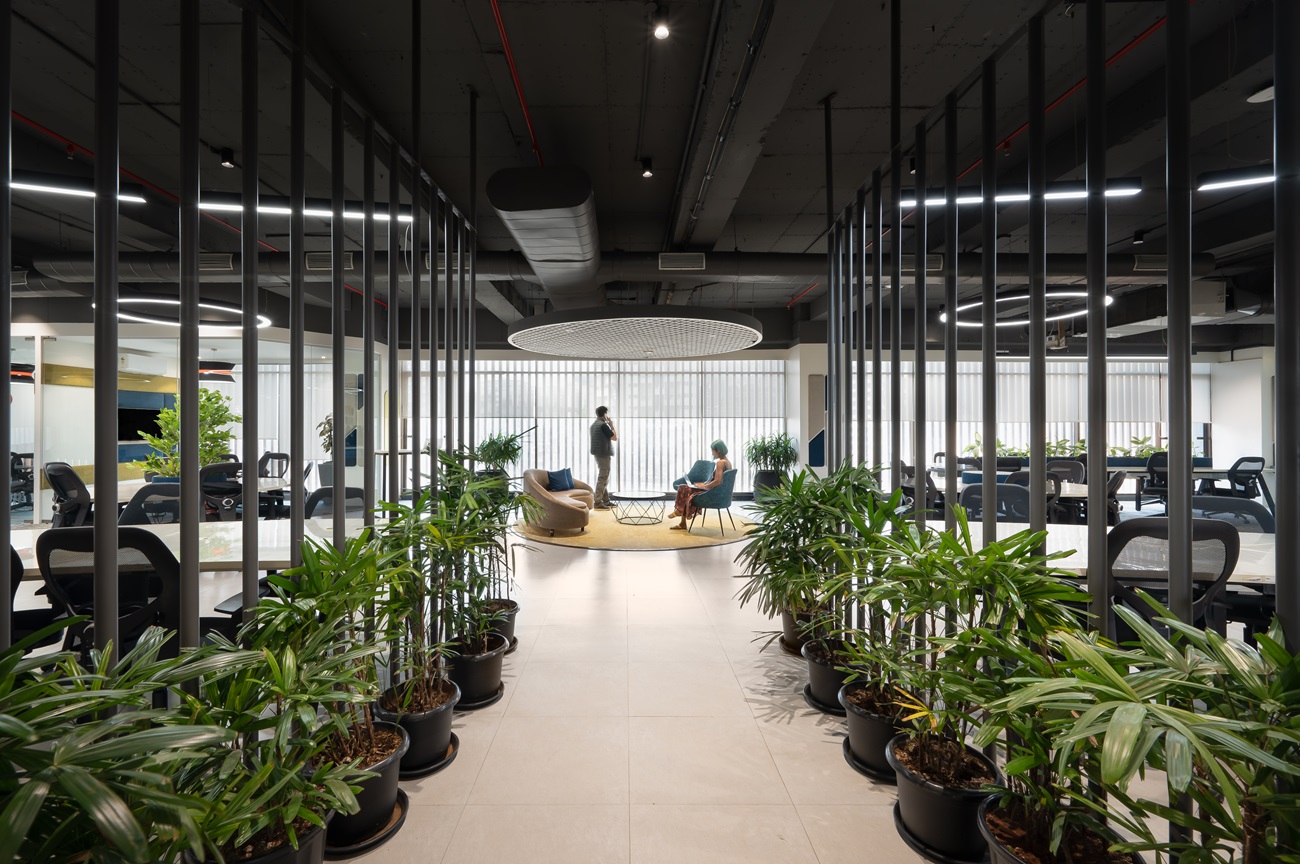Soil for office interiors is among the most intricate things to keep in mind while you design office interiors in Pune to be productive, creative, and people-friendly. This goes down to details as insignificant as the choice of soil for your indoor plants and greenery. Yes, you heard right: soil! Though it may be a minor detail, the type of soil you choose can really affect the health and longevity of your office’s living landscapes.
And so, let’s dive deeper into some of the features that will be considered when choosing the perfect soil for your office space green oasis.
The pH Balance Struggle
Similar to Goldilocks searching for the best porridge temperature, plants grow best when the soil pH is in the midst of certain limits. Alkaline or acidic pH will not allow the plant to take up the nutrients which in result will lead to stunted growth, discoloration, and even death of the plant. A really great office interior design company in Pune understands that it is necessary to adjust soil pH in accordance with the plant species you want to grow in your office space.
For instance, succulents and cacti are good for soils that fall within the acidic pH range, of 5.5 to 6.5, whereas most tropical plants thrive in alkaline soil with pH values between 6.0 and 7.5. Through the thoughtful selection of the soil mix that meets the requirements of your chosen greenery, you can keep your office living elements healthy and lush.
Moisture Concerns
As employees need some amount of water to remain hydrated throughout the day, plants also go for their share of the water supply. Some plants, like ferns and peace lilies, need moist soil and are more delighted with soggy soil, while others, such as snake plants and ZZ plants, can get along quite well in drier conditions. Choosing the right soil mix can help strike that perfect moisture balance for your office’s diverse botanical residents.
According to the top commercial interior design services in Pune, use materials like peat moss or coconut coir in your soil mix, considering areas that require frequent watering. Such materials tend to retain moisture well, helping your dry plants never die of dehydration. Conversely, to provide good drainage and stave off water logging roots in dry areas, consider including perlite or pumice in your soil mix.
Fueling Plant Growth with Nutrient Density
While proper nutrition is what ensures healthy living for humans, so also plants need a regular supply of essential nutrients to thrive. According to the top commercial space interior decorators in Pune, the soil you select should provide adequate nutrients, such as nitrogen, phosphorus, and potassium – the three basic macronutrients essential for plant growth, flowering, and overall vigour.
To get nutrient-dense soil, consider mixing up some organic material with the top interior designers for office space in Pune, such as compost or aged manure, in your soil mixture. And include some well-balanced slow-release fertiliser to guarantee that your office’s green plants are fed with consistent doses of required nutrients year-round.
Texture and Aeration: Room to Breathe for the Roots
Though soil composition might sound like a dense topic, it’s important to consider the texture and aeration properties of your chosen mix with the aid of the best commercial interior designers in Pune. Compacted, heavy soils can inhibit root growth and oxygen circulation through the soil, hence leading to weak and struggling plants while depriving the soil of nourishment and air pockets.
A loamy texture with good drainage contributes toward plant health and growth, proper oxygen circulation, as well as total root expansion to their fullest. Incorporate materials such as perlite, vermiculite, or even horticultural sand or grit in your soil mixture to have loam soil in order to achieve the desired effect. These amendments help create the tiny air pockets from which your office’s plant roots can breathe free and spread without trouble.


YOUR COMMENT